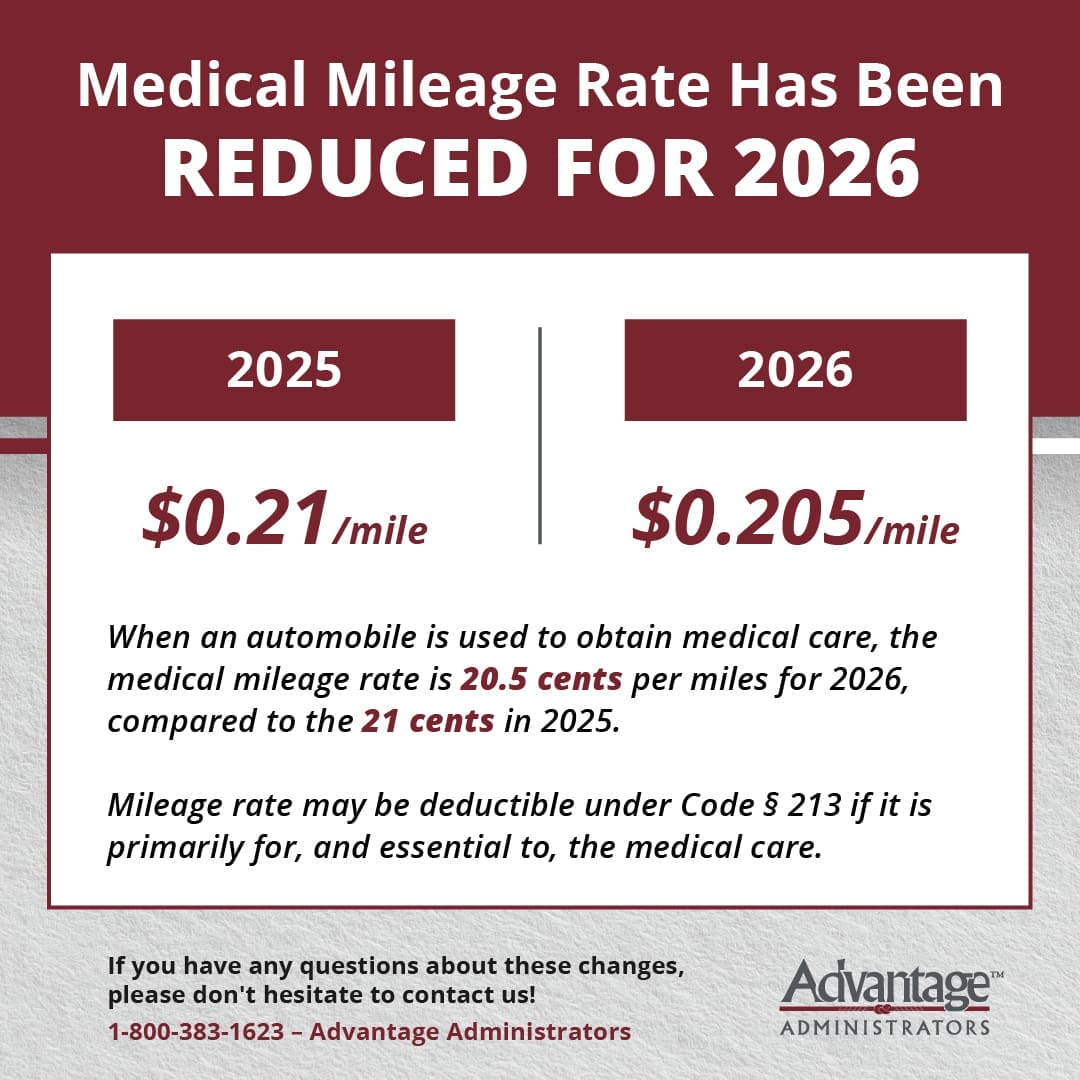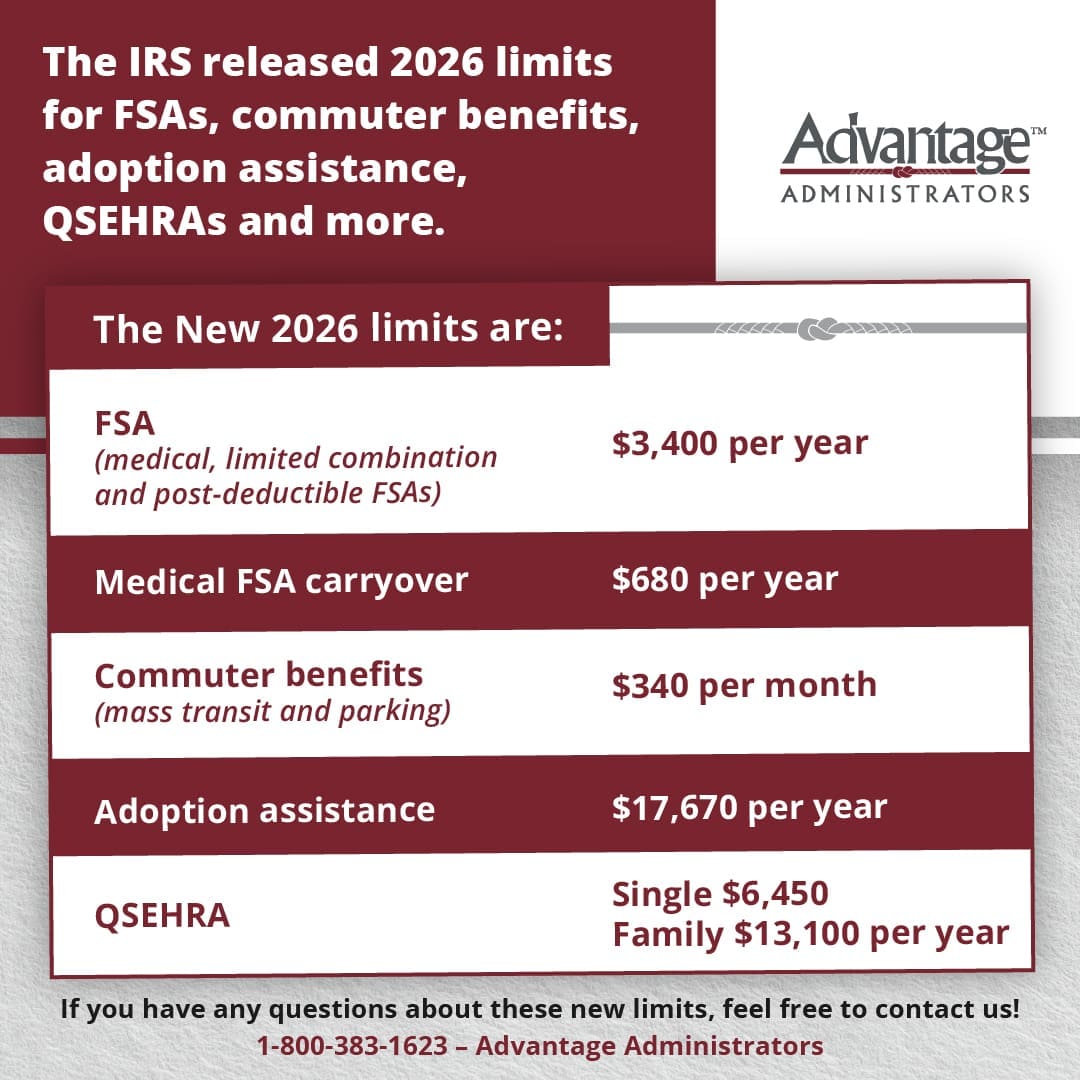What Happens to My HSA When I Change Jobs?
Have you recently changed employers? Are you considering making a change? Fortunately, when you participate in a health savings account (HSA) through Advantage Administrators, your HSA stays with you. There are plenty of myths about HSAs, but today let’s tackle what really happens to your HSA when you change employers.
HSA transfer
If your new employer offers an HSA, you can transfer the administration of your current account to your new employer’s HSA administrator. If you select this option, your new employer will provide you with a transfer request form that authorizes a new HSA custodian to take over the administration of your account. There are no IRS fees or penalties for this option.
“With a true HSA transfer, the key there is it’s a requester initiating to have the funds transferred directly from one HSA custodian to another, so those funds will never touch your hands,” says Amy Donlin, senior solution analyst, benefits, WEX.
HSA rollover
 You can also take a rollover approach, which is a process by which you receive a check for your HSA funds. You have 60 days after receiving these funds to move them into another HSA, but watch out: if you exceed the 60-day window, those funds will be considered a distribution and taxed — and you’ll be assessed a hefty 20% penalty.
You can also take a rollover approach, which is a process by which you receive a check for your HSA funds. You have 60 days after receiving these funds to move them into another HSA, but watch out: if you exceed the 60-day window, those funds will be considered a distribution and taxed — and you’ll be assessed a hefty 20% penalty.
“This option is limited to only one time during the calendar year,” said Kyle Schulte, senior solution analyst, benefits, WEX. “It’s important to make sure when you’re consolidating these accounts that you understand what method is being used.”
Keep the HSA open
Alternatively, you can simply keep the HSA you already have. There are no IRS fees or penalties for doing so. If you do keep your current HSA, you can withdraw funds for eligible expenses at any time. However, you can only contribute to your HSA if you’re still enrolled in a high-deductible health plan. You can also invest some or all of the funds!
(Wondering how much you should contribute to your account in the first place? We’ve got you covered.)
Your HSA is your account
The bottom line is that your HSA is yours. This amazing savings tool doesn’t belong to your employer, so you get to take it with you wherever you go, even if your new employer doesn’t offer HSAs or provide HSA contributions. If you’re interested in learning more, check out this episode of Wex’s Benefits Buzz podcast to learn more.
The information in this blog post is for educational purposes only. It is not investment, legal or tax advice. For legal or tax advice, you should consult your own counsel. To stay up to date on benefits trends and insights, subscribe to our blog.










 Flex Plans
Flex Plans Forms
Forms HSA
HSA HRA
HRA Retirement
Retirement Health Shopper
Health Shopper FSA Store
FSA Store
 You can also take a rollover approach, which is a process by which you receive a check for your HSA funds. You have 60 days after receiving these funds to move them into another HSA, but watch out: if you exceed the 60-day window, those funds will be considered a distribution and taxed — and you’ll be assessed a hefty 20% penalty.
You can also take a rollover approach, which is a process by which you receive a check for your HSA funds. You have 60 days after receiving these funds to move them into another HSA, but watch out: if you exceed the 60-day window, those funds will be considered a distribution and taxed — and you’ll be assessed a hefty 20% penalty.